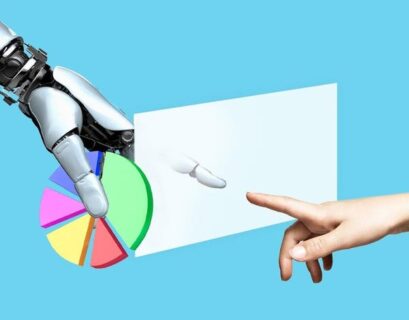Disabled Inclusion in AI Development for a Just Future
To ensure a fair future, individuals with disabilities must play a pivotal role in shaping the trajectory of artificial intelligence (AI) development. In a recent move, the US Census proposed alterations in disability classification, potentially diminishing the count of disabled Americans, a group already prone to underrepresentation.
Despite the opportunity for public feedback on the proposal, individuals most impacted faced challenges in voicing their concerns effectively. Recognizing this disparity, Matthew Cortland, a senior fellow at Data for Progress, developed a GPT-4 bot assistant to facilitate the submission of comments from affected individuals.
The definition of disability varies widely, encompassing physical, intellectual, and cognitive impairments, as well as chronic illnesses. While AI holds promise in benefiting the disability community through various applications, concerns loom over its future implications.
Joshua Earle, an assistant professor at the University of Virginia, draws attention to the negative perceptions of disability perpetuated by societal constructs and technological biases. Instances like care rationing debates during the pandemic and the use of quality-adjusted life years (QALYs) in healthcare decision-making underscore the systemic devaluation of disabled lives.
Moreover, AI algorithms have been implicated in discriminatory practices, such as biased insurance claim denials targeting individuals with disabilities. These tools extend their reach into employment processes, introducing biases that hinder equal opportunities for disabled individuals.
To counter these challenges, innovative uses of AI, like Cortland’s GPT-4 initiative, demonstrate the potential for technology to enhance accessibility and empower disabled individuals in civic engagement. Initiatives such as Midjourney’s image alt text generation feature further exemplify AI’s capacity to promote inclusivity and accessibility.
Looking ahead, fostering a collaborative approach that integrates the perspectives and expertise of disabled individuals in AI development is crucial. By involving disabled individuals as active participants in technological innovation, the tech community can pave the way for a more equitable and inclusive future driven by diverse voices and experiences.










